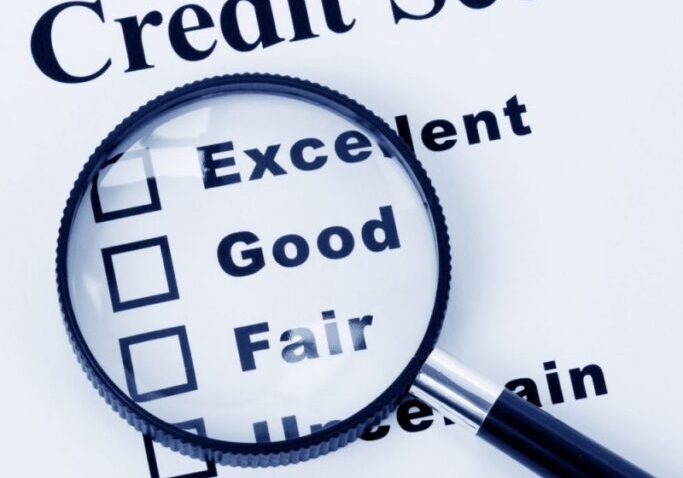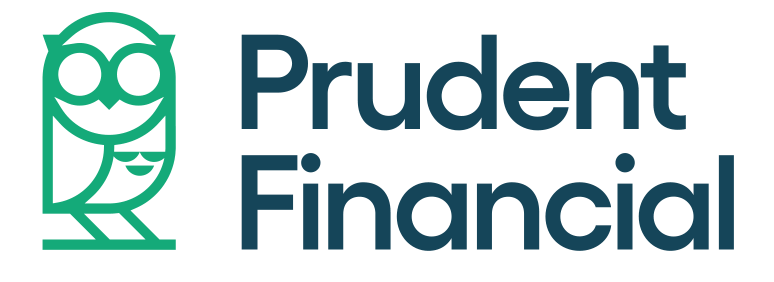
Credit Scores and How you can improve yours
With Canadians facing an unprecedented social and economic crisis, it can be a challenge to keep up with monthly payments. Many are focussed on getting through the pandemic and caring for their physical and mental well-being. If you can manage to keep up with finances now, it will benefit you in the long run.
Equifax has made the following statement on its website “Equifax is continuing to closely monitor the rapidly evolving COVID-19 (Coronavirus) situation and its significant financial impact on consumers and businesses around the globe. That’s why we’re taking measures to support consumers impacted by the Coronavirus while also working with creditors and lenders to help minimize the effects on consumers’ credit standing.”
What to do if you’re having difficulty paying bills?
-
Be Proactive
The first step is to contact the lender or credit card company to which you owe money. Many lenders are offering special payment programs to assist people through this difficult time. When contacting your creditors about such programs ask about additional fees and if interest rates will be impacted. You have nothing to lose by inquiring about such programs.
Also, Equifax made the following statement about such special payment programs “We understand that people are concerned about how deferred payments and other special arrangements may affect credit scores. We are working together as an industry to help minimize any negative impact on credit standing while maintaining the data integrity that underpins our ecosystem,”
-
Pay whatever you can afford on time –
Make at least the minimum payment if you cannot pay a bill in full. It is important that you care for yourself, family and friends. But try to avoid non-essential expenses as much as possible.
-
Snowball Method –
Many people get overwhelmed when they have a large amount of debt and feel that their financial situation is not improving. The Snowball Method involves tackling your smaller debts first so that you have “quick wins” and begin to see light at the end of the tunnel. This method may improve an individual’s financial situation over time and reduce anxiety. This method is not ideal for dealing with credit card debt due to high interest fees. It would be foolish to pay off a $8000 bank loan with 4% interest before a $4,000 visa balance with 18% interest.
How to improve Credit Score?
-
Stay in control of credit checks –
Credit checks impact your credit score because credit checks are included in your credit score report. “Hard hits” are credit checks that are visible on your credit report and anyone who views your credit report will see these on it. For instance, they’ll be noticed if applying for a new credit card or requesting a credit increase. “Soft hits” are credit checks that appear in the credit report but only you can see them (i.e. requesting your own credit report). It’s advisable that you limit credit applications and only apply for credit when you need it.
-
Credit Utilization is an important tool
Do not go over your credit limit as borrowing more than the authorized limit can lower a credit score. A credit card with a $5,000 limit and average borrowing amount of $2000 equals a credit usage rate of 40%. If you use most of available credit, lenders see you as a greater risk. It’s better to have a higher credit limit and lower credit used ratio. It’s more or less a rule of thumb to use less than 35% of your available credit.
-
Use different types of credits
It is recommended that you use a mix of credit products like a line of credit, car loan and/or credit card. Making payments on time for various credit products shows you are financially responsible. If you have a poor credit score, it might be prudent to take out a small loan to rebuild credit. Obviously, if you cannot afford loan payments it will hurt credit score.
Another option for people with a bad credit score is to apply for a secured credit card. It’s a very common technique in sub-prime lending (lenders who borrow to people the banks have turned down). A good payment history with a secured credit card can help your credit score improve. Your payment history is the most important factor for your credit score. As well, the lender may return your deposit and switch you to an unsecured credit card after period of time.
Summing up
For many keeping up with payments is especially difficult now due to Covid-19. Many strategies exist to help protect your credit score such as the most common, which is making payments on time. We know this is easier said than done. But at Prudent Financial we offer equity loans regardless of credit score. A Prudent Loan Officer can evaluate your specific situation and provide tips to improve credit score. Call 1-888-852-7647 or visit www.prudentfinancial.net for a free consultation!
